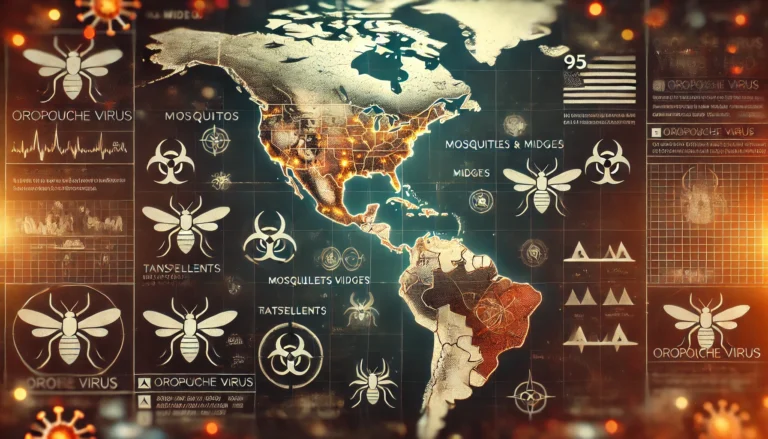WHO Warns of High Polio Risk in Gaza Amid Water and Sanitation Crisis
The World Health Organization (WHO) has raised alarms over a significant risk of polio resurgence in Gaza, exacerbated by dire water and sanitation conditions. This warning comes as the region grapples with severe public health challenges, highlighting the critical need for immediate intervention to prevent a potential outbreak.
Polio Risk Factors
Polio, a highly infectious viral disease, primarily affects young children and can lead to permanent paralysis. The virus spreads through contaminated water and food, making areas with poor sanitation particularly vulnerable. In Gaza, the ongoing conflict and infrastructural damage have severely impacted water and sanitation systems, creating an environment conducive to the spread of polio.
WHO’s Concerns
The WHO’s concern is based on the deteriorating health infrastructure in Gaza, which hampers effective vaccination and disease monitoring efforts. The lack of clean water and adequate sanitation facilities has increased the risk of waterborne diseases, including polio. This situation is compounded by the region’s high population density, which facilitates the rapid spread of infectious diseases.

Historical Context and Recent Developments
Historically, Gaza has faced multiple public health crises, and the current conditions threaten to undo years of progress in polio eradication. The last major outbreak in the Middle East was effectively contained through coordinated vaccination campaigns, but the current instability poses new challenges. The WHO and other health organizations are calling for enhanced surveillance, robust immunization programs, and improved sanitation to mitigate this risk.
Call to Action
To address the looming threat, the WHO recommends:
- Immediate Vaccination Campaigns: Implementing widespread polio vaccination drives, particularly targeting children who are most at risk.
- Improved Water and Sanitation Infrastructure: Urgent efforts to repair and upgrade water and sanitation facilities to prevent the spread of polio and other waterborne diseases.
- International Support and Collaboration: Engaging international organizations and donors to provide the necessary resources and support for these critical interventions.
The WHO’s warning underscores the urgent need for comprehensive public health measures in Gaza. Preventing a polio outbreak requires a multifaceted approach, addressing both the immediate need for vaccination and the long-term improvements in water and sanitation infrastructure. Continued vigilance and international cooperation are essential to protect vulnerable populations and prevent a resurgence of this debilitating disease.






